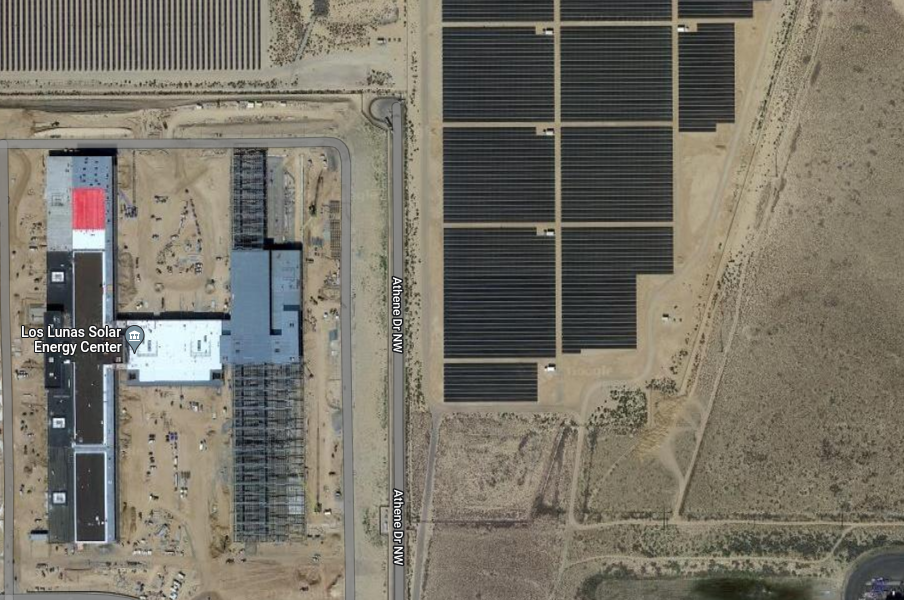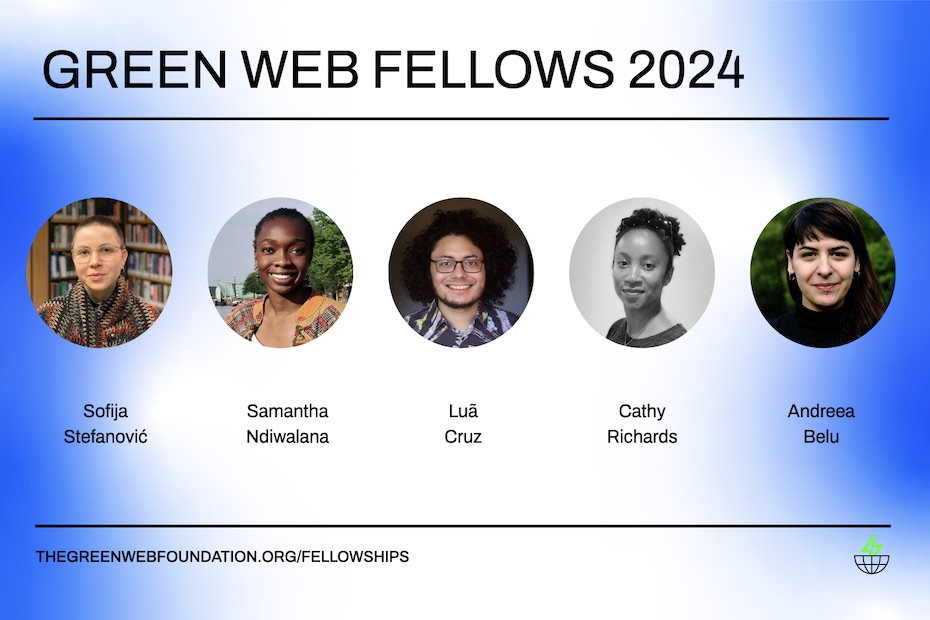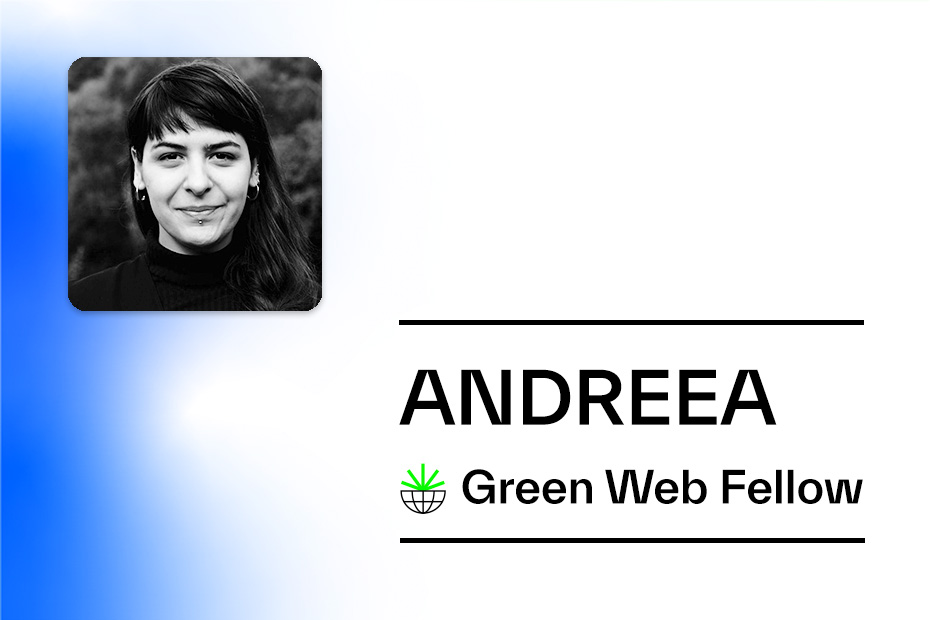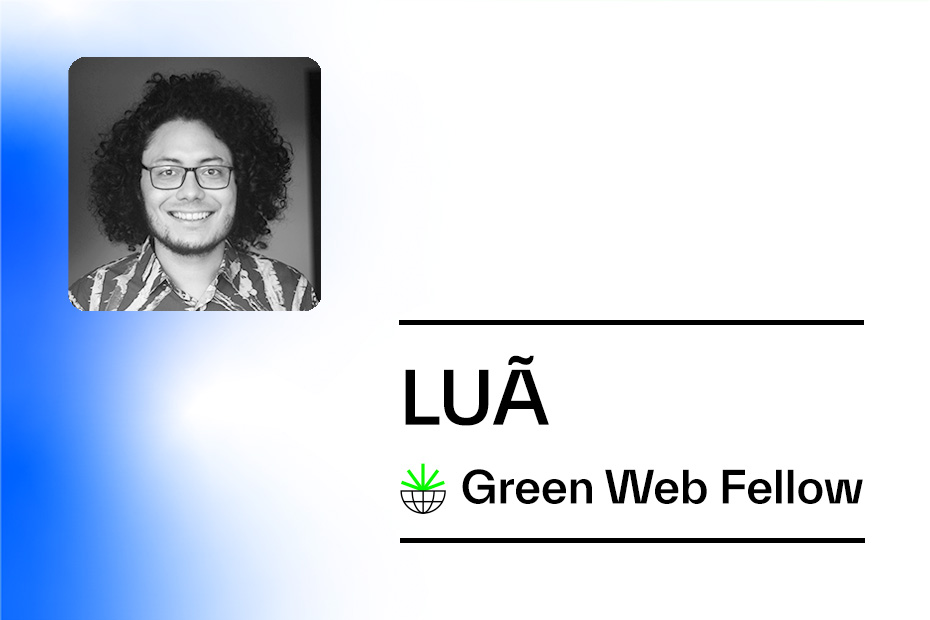In March 2021 Michelle Thorne and I proposed a session at Mozfest to bring together ‘digital rights’ funders and talk about the intersection of digital rights and climate/environmental justice. The session was well attended with many representatives of larger philanthropic funders being in the room, most who were new to this intersection. After an hour of discussion and debate we walked away with the feeling that while the room shared the sense of urgency, the climate crisis demands a collective response now, there was also a sense of loss and uncertainty. We heard many people struggle with questions around, what are the issues when talking about technology and the climate crisis? Where do we start and what, if any, is the role of digital rights funders in all of this?
Together with the Ford Foundation, Ariadne, and Mozilla Foundation we continued the conversation exploring how digital rights and climate justice intersect. In which we identified a number of harms – carbon emissions, extractive industries, climate disinformation, environments and communities impacted with a lack of accountability – that are connected to the technology industry.
“We believe that digital rights and environmental justice networks are often siloed from each other, despite being inextricably linked. And so we need to set a grantmaking agenda that connects these issues today”
Michael Brennan, Senior Program Office at Ford
As a next step we launched a new research project, with the aim to understand what responsible grantmaking on the intersection between digital rights and climate/environmental justice can look like. Where a more comprehensive understanding of the issues at hand, the actors working on this intersection, and their needs should inform digital rights funders decision on whether or not to enter into this work and how. Here, the Engine Room, is our key research partner, complemented with additional deep dives into specific issues by the Association for Progressive Communications, BSR, and Open Environmental Data Project.
Where are we now?
After having a number of conversations with philanthropic funders, attending community sessions organized by the Engine Room, and listening to those who are working on this intersection I see three main challenge areas:
1. The need to define
Coming from the digital rights civil society space, the terminology of ‘digital rights’ is so normalized and natural that I assumed everyone has a shared understanding of it. In the different conversations I have been having over the last months it became painfully obvious that this is not the case. So, here I’ll give a first stab at it: actors and activities that center ‘digital technologies’ in their work to create an equitable and sustainable world. This could range from but not limited to community organizing, policy influencing, building public interest technology, investigative reporting and research, strategic litigation, and field building.
Similarly, engaging in the intersection between digital rights and climate /environmental justice, requires an understanding of the history, complexities, nuances and definitions of climate and environmental justice. What are we talking about when we talk about environmental or climate justice? What does it mean if we use them interchangeably? One of the deep dives in this research project, done by Open Environmental Data Project, is to explore exactly these questions.
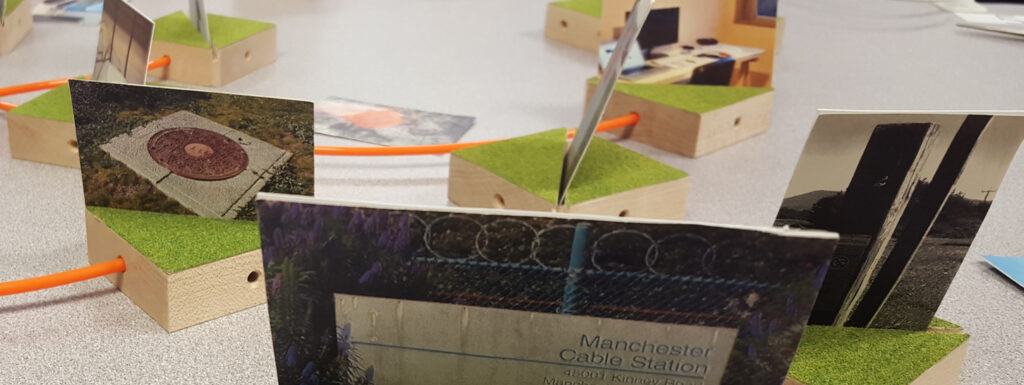
2. What is at stake?
The urgency of the climate crisis requires all of us to step up and push for sustainable systems and solutions. Digital rights is a large field that engages with a multitude of ways in which technology is deeply entrenched with how we organize society and formulate solutions to complex social and environmental problems. So a key question heard in my conversation is how? How do we approach this intersection? What are the problems? Where can interventions from a digital rights angle be best be leveraged to support or complement environmental and climate work. Who decides what an approach to digital rights and climate/environmental justice should be? The second question is how do these issue areas and problems fit within the institutional frameworks and silo’s that govern the work.
3. What is our role?
The unclarity around what it means to work on the intersection of digital rights and climate/environmental justice, while acknowledging the urgency, leave people with a sense of loss and uncertainty. Not only on where to start and how to speak about these issues but also about one’s own role and responsibilities.
Next steps
With my Greenweb fellowship project I hope to contribute to overcome some of these challenges experienced by digital rights donors and the digital rights community.
Continue the conversation. In the next months I will continue to have different conversations to sharpen what is needed to work towards sustainable systems.
Explore frameworks. Explore different frames that can shed light on what is at stake and how this intersects with the different digital rights debates that are currently happening; for example, policy debates on the EU AI Act and work on misinformation and disinformation. Here, I will try to make a case for where approaching these problems from a digital rights and climate/environmental justice lens can have added value.
Highlight projects. Make the issues more tangible by showcasing projects that work on the intersection of digital rights and climate/environmental justice.
Credits
Main image is a screenshot from Facebook data center in Los Lunas
